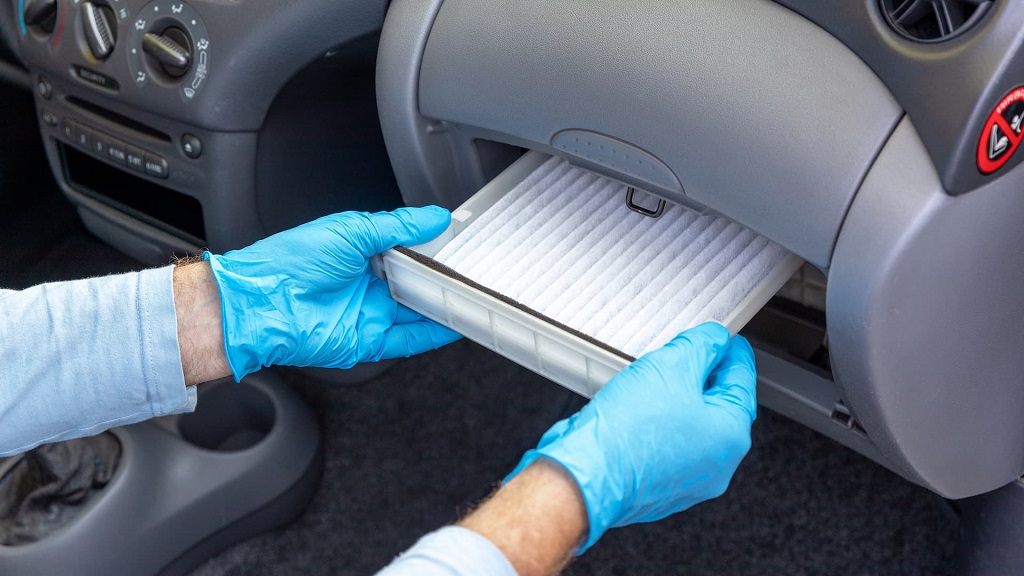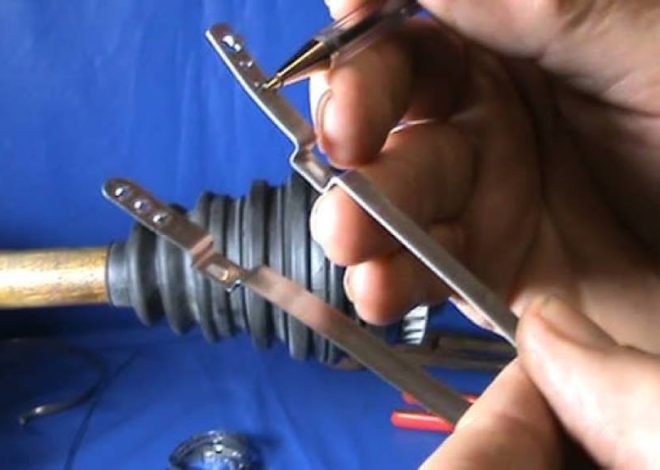
Why Does My AC Still Smell After Changing the Cabin Air Filter? Fix It!
You changed your car’s cabin air filter, a task lauded for improving air quality and combating bad odors. But alas, that musty, unpleasant smell persists when you turn on the AC. Don’t despair! This article explores the reasons behind lingering bad smells after a cabin air filter change and offers solutions to finally banish those unwanted odors.
Understanding the Cabin Air Filter’s Role:
The cabin air filter acts as a shield, preventing dust, pollen, pollution, and other airborne contaminants from entering your car’s interior through the ventilation system. A clogged filter becomes less effective, allowing these contaminants to build up and potentially contribute to unpleasant odors. Regularly replacing the cabin air filter (typically every 12,000 miles or once a year) is crucial for maintaining air quality and preventing musty smells.
So, I Changed the Filter, Why Does My Car Still Smell?
While a fresh cabin air filter is a good first step, it might not be the only culprit behind lingering AC odors. Here are some other potential causes:
-
Mold and Mildew Growth: Moisture from condensation within the AC system can create a breeding ground for mold and mildew, especially in humid climates. These organisms emit musty odors and can trigger allergies or respiratory problems.
-
Contaminated AC System Components: Over time, organic matter like leaves, debris, or even dead rodents can get sucked into the AC system vents and accumulate within the evaporator core or air ducts. As these decompose, they release unpleasant smells.
-
Cigarette Smoke or Pet Odors: If your car was previously occupied by smokers or pet owners, strong odors can become ingrained in the car’s interior surfaces like upholstery and carpets. These odors can resurface even after changing the cabin air filter.
Diagnosing the Source of the Smell:
The first step is to identify the source of the odor. Here are some tips:
- Turn Off Recirculation Mode: Run the AC with the vents set to “fresh air” mode. If the smell seems less noticeable, the source might be external pollutants entering the cabin.
- Sniff Around: Try to pinpoint the location of the odor. Does it seem stronger near the vents, the floor carpets, or the seats? This can help narrow down the source.
- Check for Visible Mold: Inspect the air vents, especially near the dashboard, for any signs of mold growth. A flashlight might be helpful for a closer look.
Solutions to Banish Bad AC Odors:
Once you’ve identified the potential cause, here are some solutions to tackle those unwanted smells:
-
AC System Cleaning: Many automotive service providers offer AC system cleaning services. This process involves using specialized disinfectants and cleaners to eliminate mold, mildew, and bacteria within the evaporator core and air ducts.
-
DIY Cleaning (Caution Advised): For the more adventurous DIYer, some commercially available AC system cleaning kits can be used at home. However, proceed with caution and follow the instructions meticulously. Improper cleaning can damage AC components.
-
Odor-Neutralizing Sprays: Several odor-neutralizing sprays designed for car interiors can be effective. Look for sprays specifically formulated to target mold and mildew odors.
-
Baking Soda: Baking soda is a natural odor absorber. Leaving a container of baking soda in your car overnight can help absorb lingering odors.
-
Professional Detailing: For stubborn odors or if you suspect deeper cleaning is needed, consider professional car detailing services. Professional detailers have the tools and expertise to thoroughly clean your car’s interior, including upholstery, carpets, and ventilation systems.
Preventing Future Odors:
- Regular Cabin Air Filter Replacement: As mentioned earlier, adhere to the recommended replacement schedule for your car’s cabin air filter.
- Parking in Shade: Park your car in a shaded area whenever possible. Excessive heat can contribute to mold growth within the AC system.
- Avoid Leaving Food or Drinks in the Car: Spilled food or drinks can attract bacteria and mold growth, leading to unpleasant odors.
- Open Windows for Ventilation: When the weather permits, open the windows and air out your car regularly to prevent moisture buildup.
When to Seek Professional Help:
If the DIY solutions don’t eliminate the odor, or if you suspect a more serious issue like a refrigerant leak, it’s best to consult a qualified mechanic. They can diagnose the problem accurately and recommend the appropriate repairs.
Related: The Most Commonly Repaired Items On A Vehicle: A Comprehensive Guide
The Final Word: Breathing Easy on the Road
A fresh-smelling car interior enhances comfort and well-being. By understanding the potential causes of bad AC odors and implementing the solutions outlined above, you can effectively eliminate those unwanted smells and ensure clean, fresh air every time you turn on your car’s AC. Remember, prevention is key. Regular maintenance, including timely cabin air filter changes and avoiding practices that contribute to odor buildup, can go a long way in keeping your car’s interior smelling fresh and pleasant. So, breathe easy, enjoy the clean air, and keep your car smelling as good as it drives!




